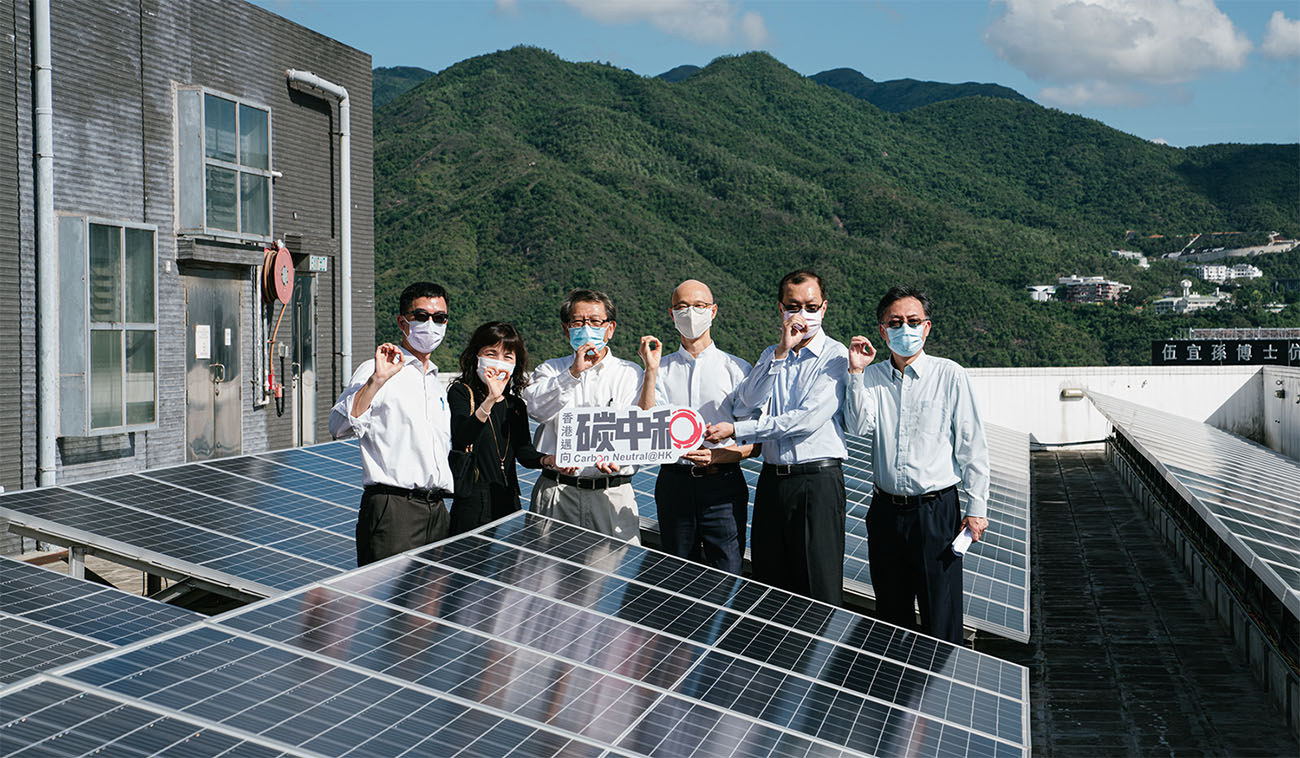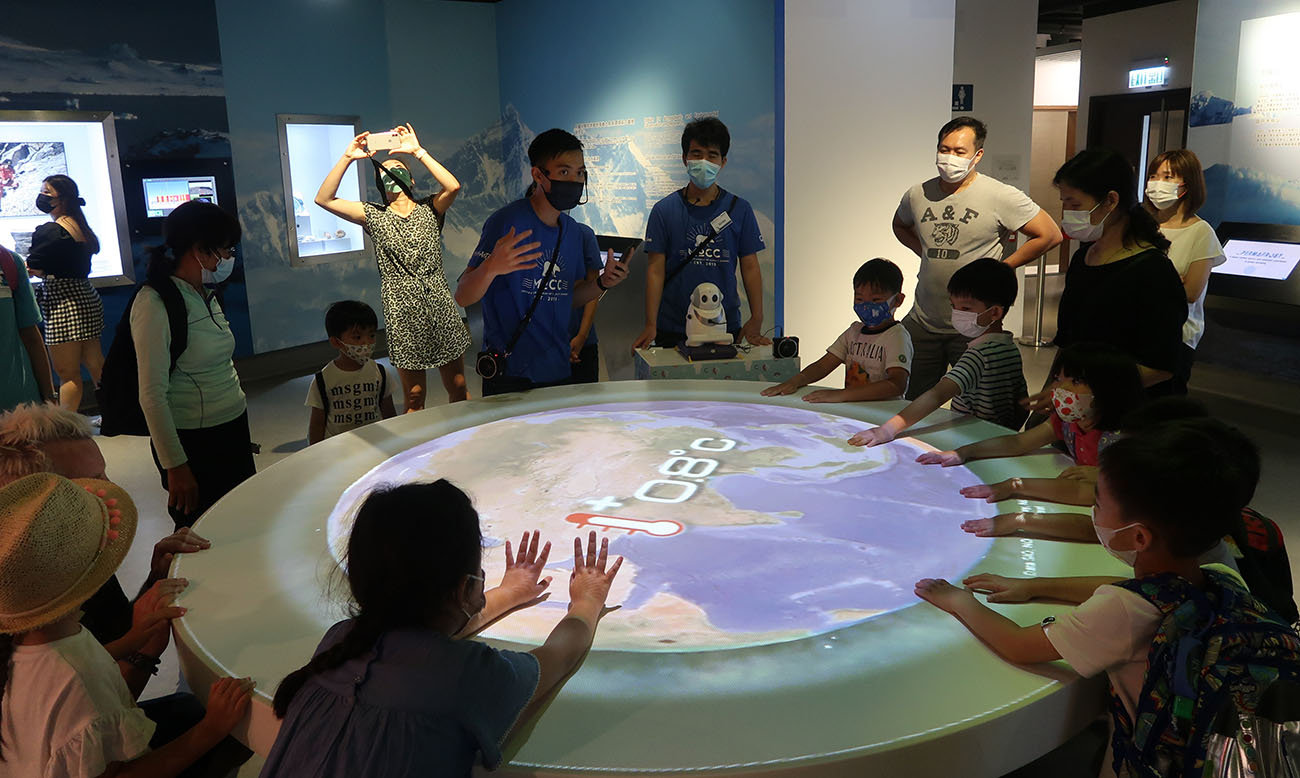
Welcome address to new students

More than two years into the COVID-19 pandemic, travel restrictions still cut us off from the rest of the world to a certain extent. While it is painful to have to endure quarantine and to see mothballed aircrafts line our airport runways, travel restrictions have been important in keeping the virus at bay. Of course, we all yearn to travel again and long for the day when quarantine will be a thing of the past. But if the pandemic has taught us anything, we have hopefully learned a big lesson about the reprioritisation of travel habits. From diplomatic summits, major business events, conferences and meetings across borders, the pandemic has resulted in a major digital transformation of the way we communicate.
A silver lining byproduct of travel restrictions and lockdowns is that data show that total emissions for the aviation sector were 50% below pre-pandemic levels in 2020 and 2021. Our pandemic experience has thus potentially profound implications for how we deal with the looming climate crisis.
If the world does not heed the calls from the latest report released by the Intergovernmental Panel on Climate Change (IPCC), or if it barely meets the commitments agreed at last year’s UN Climate Change Conference (COP26) in Glasgow, the impacts across our daily lives will be just as disruptive as COVID-19. Humanity will most likely face a serious existential crisis.

We are already seeing the health impacts of the climate crisis with an estimated seven million people dying from air pollution around the world, with two thirds of these recorded in Asia. Extreme climate events like heat waves, worsening storms, drought, wildfires and floods have become more frequent in different parts of the world, seriously endangering our lives and livelihoods, as well as critical infrastructure such as energy and transportation systems.
For a city like Hong Kong, the impacts of climate change are potentially dramatic. We are feeling this already with hotter days coming earlier and finishing later in the year, and typhoon warnings coming as late as December. Government data show the water level of Victoria Harbour rising at an average rate of 31 millimetres a decade over the last 70 years, an alarming trend for a city surrounded by water.
So, what can we do to prepare for the climate crisis and what can Hong Kong do about it?
Climate change is bigger than any one sector. All of us have a role to play, and our universities are no different. While our climate scientists, energy specialists and engineers can inform public policies and responses and help to frame the economic architecture of a green economy, universities, as educators of tomorrow’s leaders and carbon emitters in our own right, must exercise our civic responsibilities, starting with our own campuses.
The Chinese University of Hong Kong for example responded to Hong Kong’s Climate Action Plan 2050 by being the first university in the city to set a carbon neutral target, and others have now followed suit. Our public universities collectively enroll over 100,000 students, employ more than 30,000 people and have an extensive physical footprint across our city.

Two of our universities are members of the International Universities Climate Alliance, a global consortium comprised of universities that include Oxford, Manchester, Edinburgh, Melbourne, Yale, CalTech, and Nanjing University. Purposed to spearhead global, research-led solutions on climate and to share best practice on how universities can reduce their own carbon footprints, the Alliance is a tangible example of how universities actualize their own research on their own campuses to make a difference.
“Think global and act local” can be an empty slogan, unless substantiated by action. Groups like the Hong Kong chapter of the United Nations Sustainable Development Solutions Network (SDSN), which is co-hosted by the Hong Kong Jockey Club and my university, are leading the way and will be working even more closely with businesses, government, and the wider community. The climate crisis has no room for silos.
Our city’s universities, five of whom rank in the world’s 50 best universities, have deep commitment to research and education, and we have a real desire to address climate and sustainability on our own campuses, in our city, and around the world.
Hong Kong Special Administrative Region Government has an open invitation to partnership with the university sector in taking real steps to address climate change. We have all learned the importance of scientific research and evidence-based solutions in our response to the pandemic. Let’s come together now and act before the next crisis descends upon us.